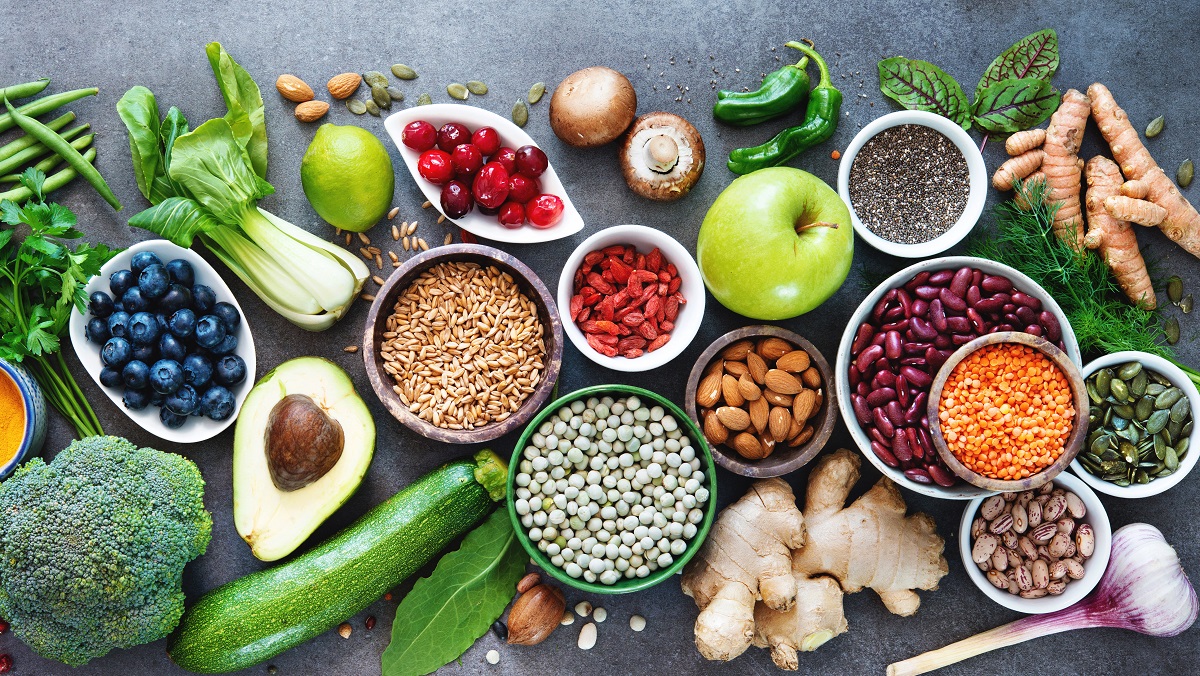Never mind shaking your ducktail feathers, make yourself a duckweed shake! That’s the message for anyone looking to shed some kilos this year.
If you haven’t heard of duckweed, don’t worry – you’re certainly not alone. But it may just be about to take the world by storm as the newest superfood.
Duckweed, you will not be surprised to learn, is neither a duck nor a weed (depending on who you ask). It is, however, a plant – one that could take what is generally known as a Mediterranean diet to a whole new level of healthiness.
Read: The surprising link between high-fat diets and pain
If you do an online search for a healthy diet, you will almost certainly come across numerous mentions of the Mediterranean diet. In simple terms, it’s a diet rich in plant-based foods, fish and healthy fat such as olive oil, with only a limited intake of red meat, dairy foods and sugar.
The inclusion of duckweed builds on that base and follows studies by scientists in Israel suggesting that found it reduces visceral fat much more quickly than other diets. The researchers, from Ben-Gurion University of the Negev, have developed a ‘green’ Mediterranean diet and duckweed is a leading component.
According to their research, conducted late last year, their green diet can help people shed twice as much visceral fat than a standard version of the Mediterranean diet. What’s more, their data showed that it was four times more effective than a diet following health guidelines provided by several governments.
What are visceral fat and duckweed?
The word ‘visceral’ means ‘related to the viscera’, which are the internal organs in the main cavities of the body, especially those in the abdomen, such as the intestines. The fats that build up around these organs – visceral fats – can be particularly dangerous and are linked to heart disease, diabetes and premature death.
Read: Including this nut in your diet could help you lose weight
Any reduction in visceral fat is a good thing, and duckweed – a fast-growing tiny, free-floating, aquatic green plant commonly found in slowly moving water bodies or ponds – supercharges this reduction, according to the Israeli trial.
The trial was published in BioMed Central and involved 294 participants, all with obesity. They were assigned either the standard Mediterranean diet, the green Mediterranean diet or a healthy diet based on government guidelines and followed those diets for 18 months in combination with regular exercise.
Both Mediterranean diet groups consumed 28 grams of walnuts a day, but the ‘green’ participants also had three to four cups of green tea each day and a Wolffia globosa (that’s the duckweed) plant green shake (100g frozen cubes/day. The latter group also reduced red meat intake.
Read: Five ways to reduce inflammation through your diet
Green Mediterranean dieters reduced visceral fat by 14 per cent – double the 7 per cent reduction of those eating a standard Mediterranean diet. Those who had the normal, healthy diet only lost 4.5 per cent of their visceral fat.
To be clear, all three diets resulted in a reduction of fat, which is a good thing, but the green Mediterranean diet was the clear winner in terms of the amount of visceral fat lost.
Does that mean you should rush out and load up on duckweed? Not necessarily, but it certainly won’t hurt, nor will any other steps you take towards a diet with less red and processed meats and more plant-based foods.
Have you heard about duckweed? Will you investigate where you can buy it? Why not share your thoughts in the comments section below?


Does the conclusion of the EFSA (European Food Safety Authority) Panel on Nutrition, Novel Foods and Food Allergens that “” … the safety of the NF, Wolffia globosa powder, cannot be established” impact the usefulness and prospective use of this Hinoman Ltd product? Also, it seems to have been withdrawn from the U.S. market, will it be widely available in the futrure?
N.B. The Wolffia globosa powder is the Mankai Duckworth product manufactured by Hinoman Ltd.